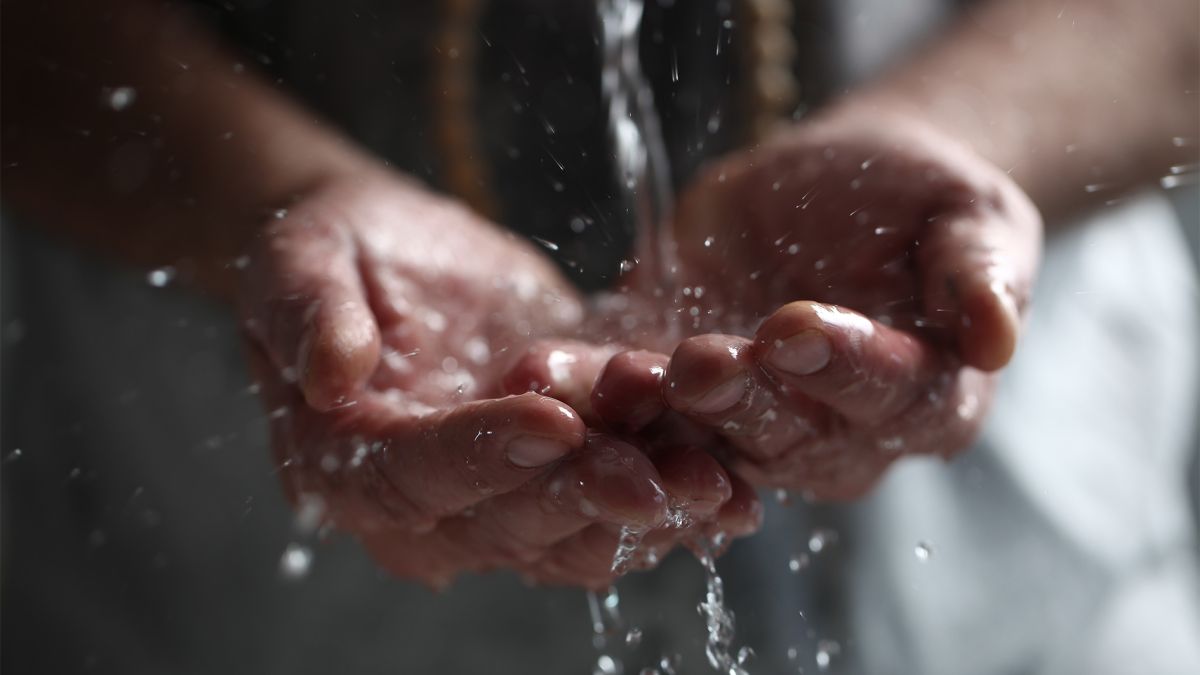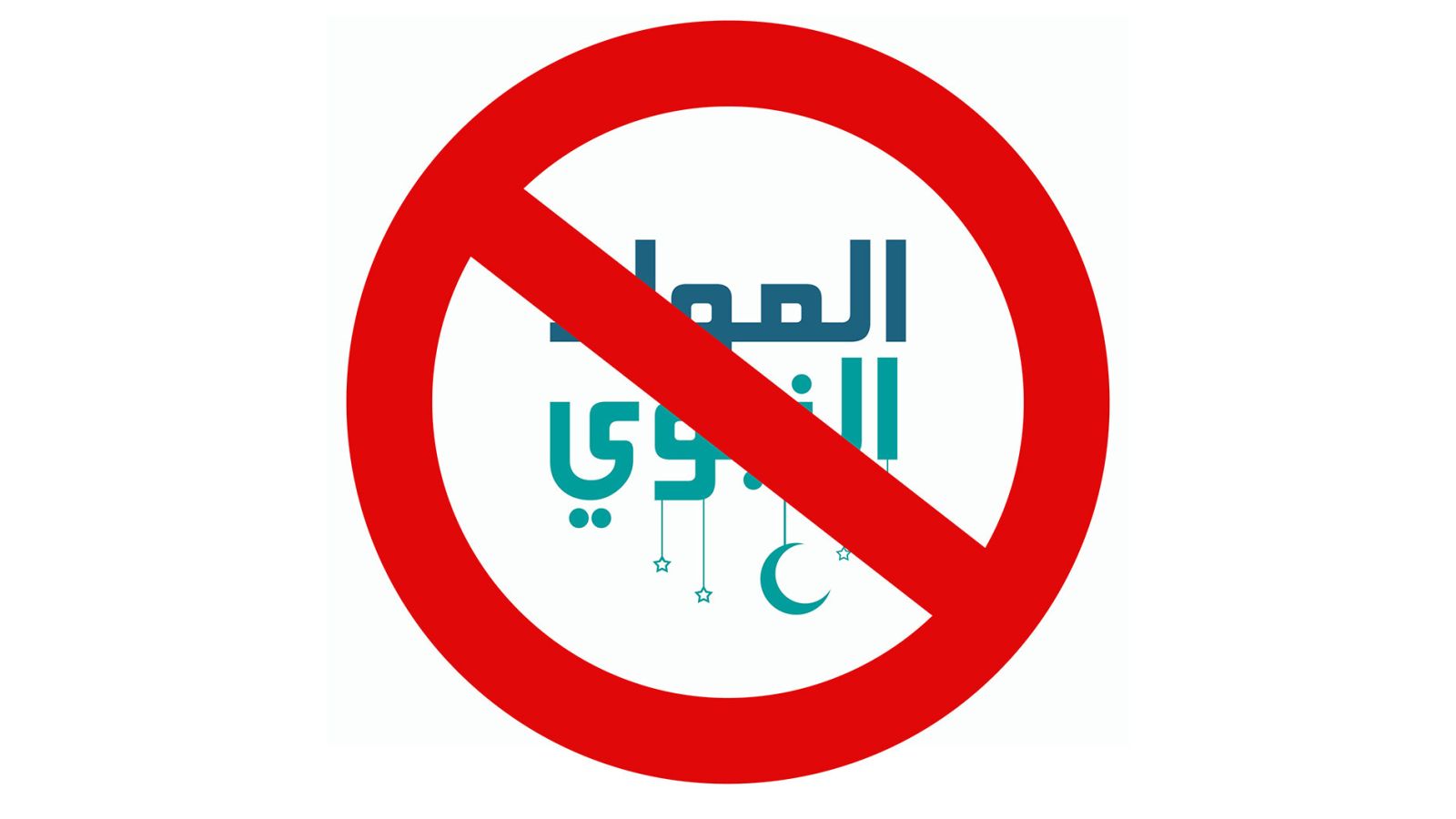The Ruling on Purifying Oneself with the Remaining Water of Another’s Wuḍūʿ or Ghusl
Imām Muḥammad ibn Ṣāliḥ al-ʿUthaymīn


Shaykh Ibn ʿUthaymīn said [concerning the ḥadīth in which the Prophet (ﷺ) forbade men to perform ghusl with the remaining water from the ghusl of a women and forbade women to perform ghusl from the remaining water of a man’s ghusl]:
“The correct view [in this matter] is that the impermissibility in this ḥadīth does not stipulate such an action to be ḥarām. Rather, the ḥadīth aims to discourage this practice if possible and is thus given the ruling of karāhah al-tanzīh1. The evidence of this is the ḥadīth of Ibn ʿAbbās (may Allāh be pleased with them both) in which some of the wives of the Prophet (ﷺ) performed ghusl from a large vessel. When the Prophet (ﷺ) came with the intention of also performing ghusl from the same vessel, [one of his wives] said: ‘I was truly in a state of janābah [major impurity].’ The Prophet (ﷺ) replied: ‘Verily, [this] water has not taken on [your] impurity.’ This is an authentic narration. In elucidation of this, the ḥadith shows that even if you [a woman] have used this water to purify yourself from janābah, the water itself will retain its properties of purification. Thus, what is correct [in this issue] is that if a man was to purify himself with the water that was left over from a women’s [ghusl from janābah], [we would consider] this man to have purified himself correctly and successfully removed his impure state. This is also the opinion taken by Shaykh al-Islām Ibn Taymiyyah [may Allāh have mercy on him].”
Endnotes:
1. Karāhah al-tanzīh: a term in Islamic jurisprudence that refers to an action that, if left, a person will receive good deeds, but no bad deed is gained from performing that action.
Source: Al-Sharḥ al-Mumtiʿ 1:46
Translated by: Riyāḍ al-Kanadī

















